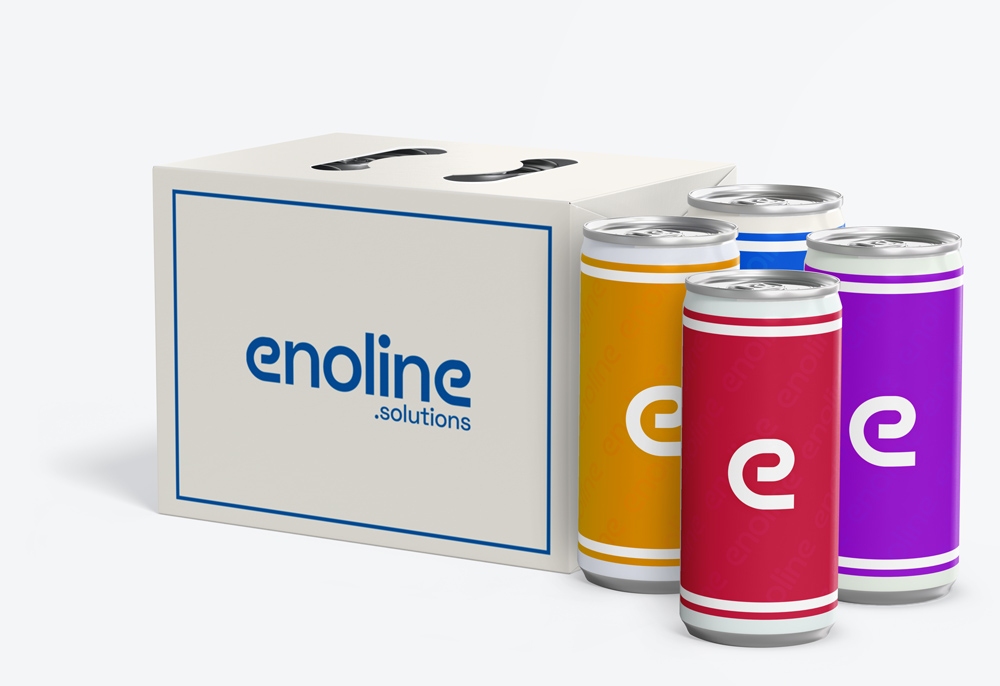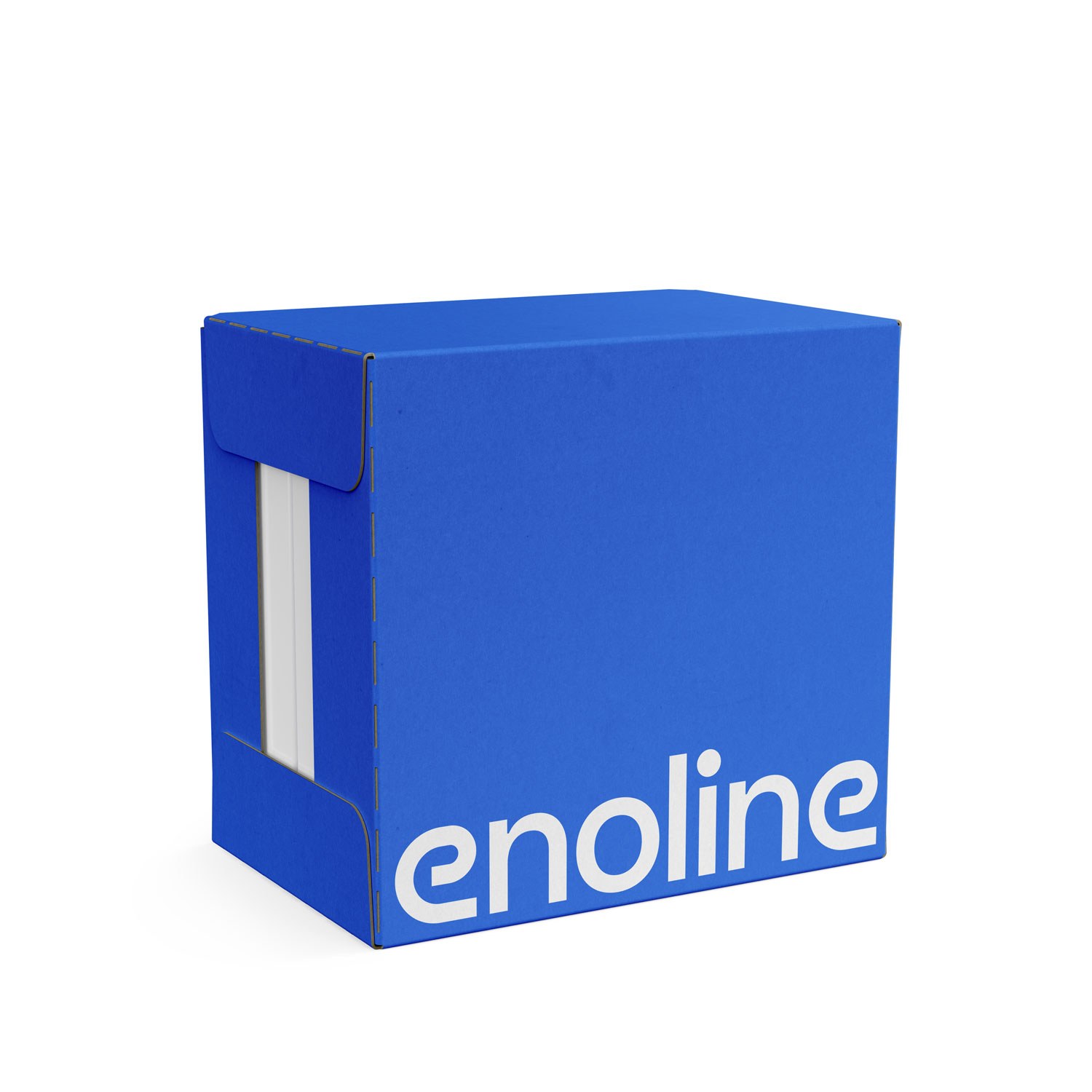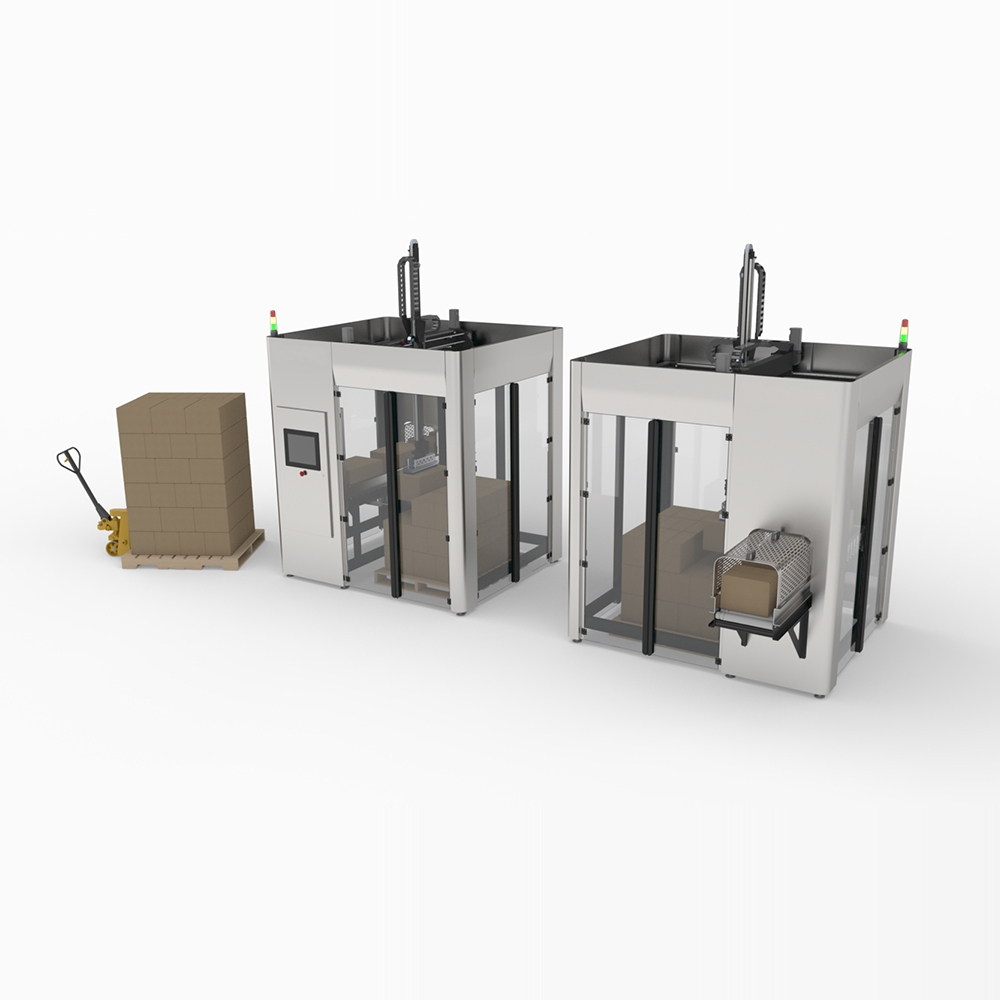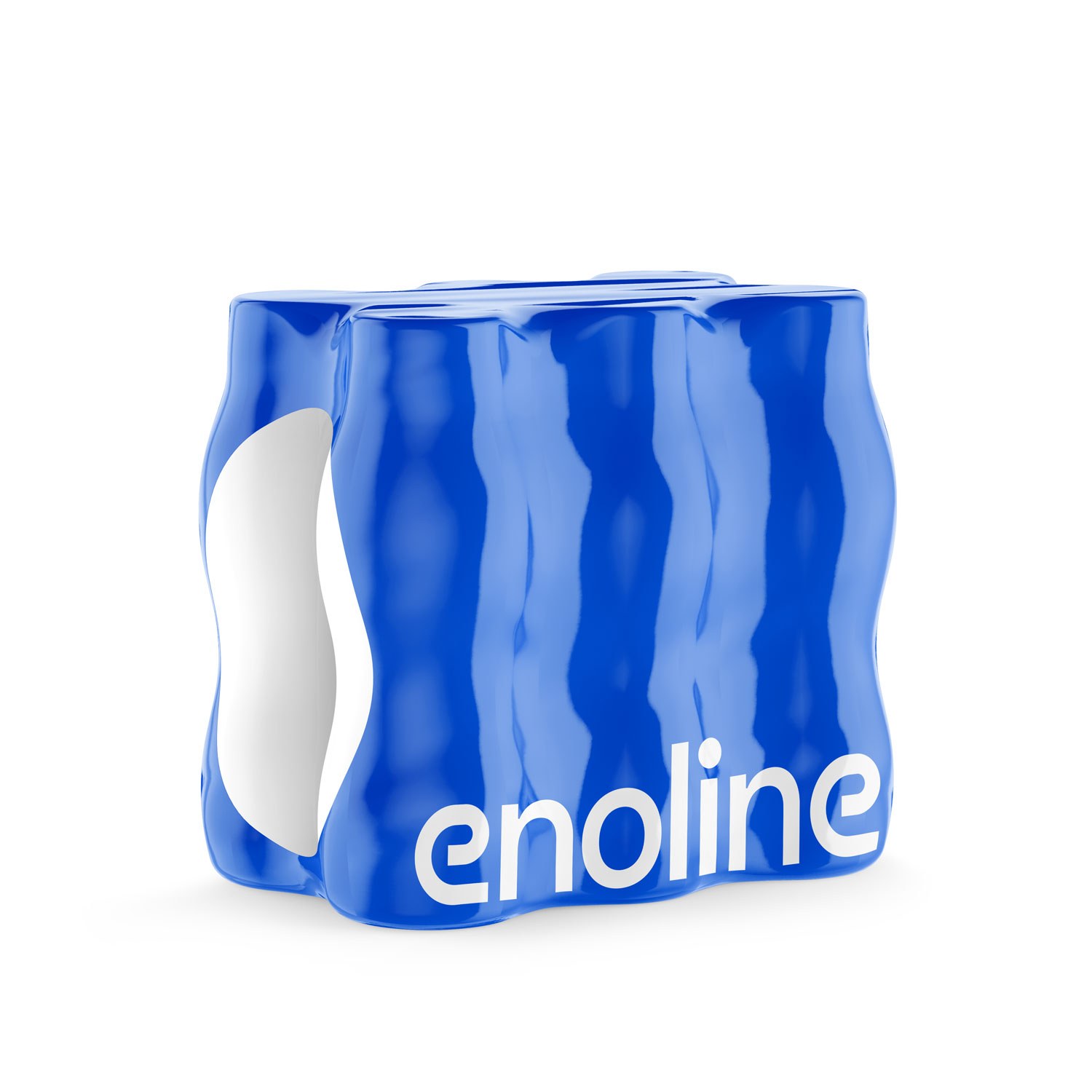March 20th
Choosing the Right Packaging Machine for Your Business
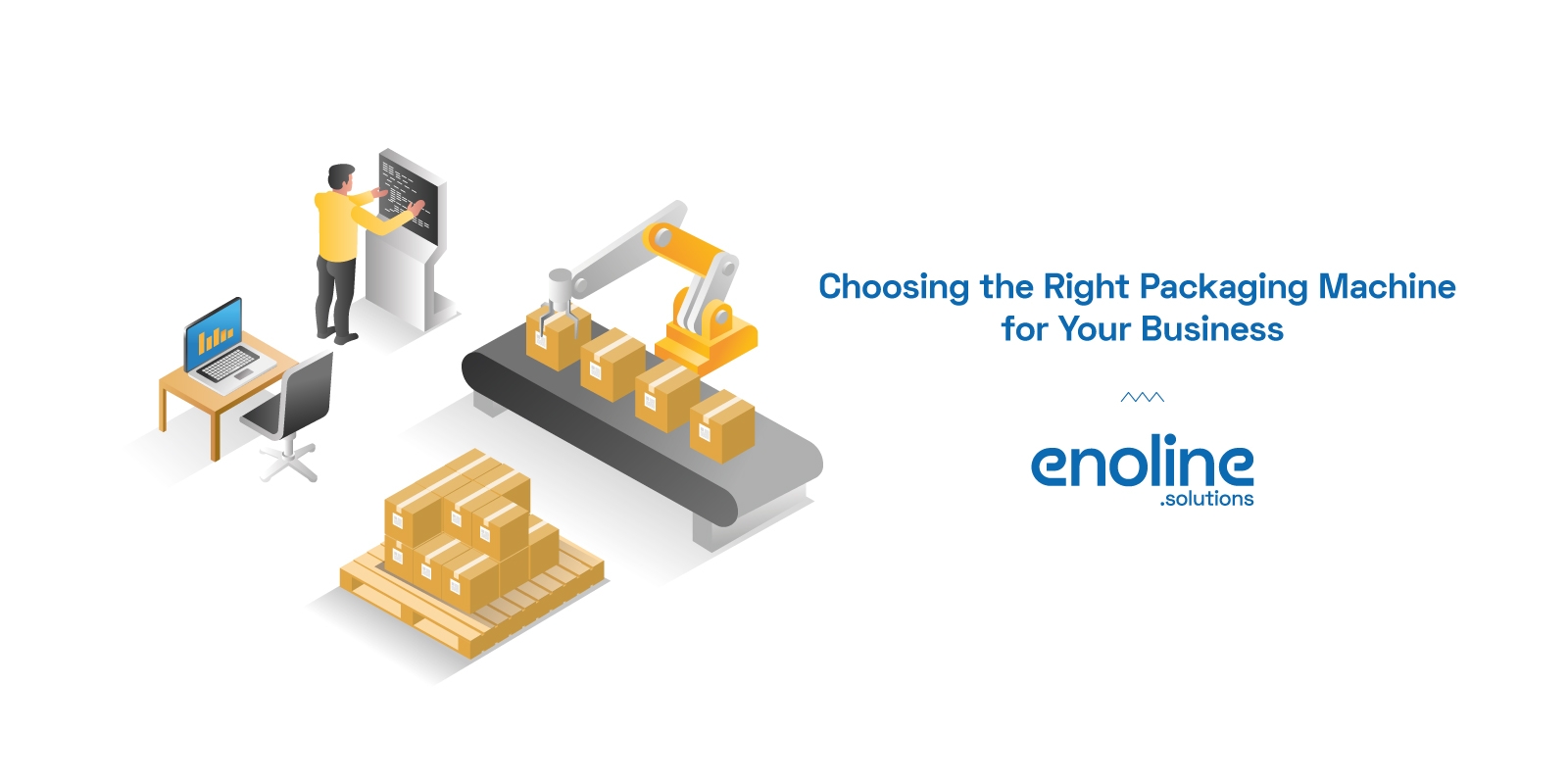
Let us find the best machine for your business ! Fast and free quotation here.
In today's competitive market, selecting the appropriate packaging machine for your business operations is crucial for efficiency and productivity. With a myriad of options available, it's essential to understand the various types of packaging machines and their functionalities to make an informed decision. In this comprehensive guide, we'll delve into the ten most important types of packaging machines to help you streamline your packaging process and enhance overall productivity.
1. Filling Machines
Filling machines are indispensable for accurately filling containers with liquids, powders, or granules. They come in various configurations, including piston fillers, gravity fillers, and volumetric fillers, each suitable for specific products and container types. These machines ensure precise filling volumes, minimizing product waste and optimizing production efficiency.
2. Sealing Machines
Sealing machines play a vital role in securely sealing packages to prevent contamination and ensure product integrity during transit and storage. From heat sealers to induction sealers, businesses can choose the appropriate sealing machine based on factors such as package type, sealing method, and production volume.
3. Labeling Machines
Efficient labeling is essential for brand recognition and regulatory compliance. Labeling machines automate the process of applying labels to products accurately and consistently, reducing the risk of errors and improving operational efficiency. With options ranging from automatic to semi-automatic labelers, businesses can customize their labeling process to meet specific requirements.
4. Wrapping Machines
Wrapping machines are ideal for securely wrapping products in protective packaging materials such as shrink wrap or stretch film. These machines not only enhance product presentation but also provide tamper-evident packaging solutions. Businesses can choose from a variety of wrapping machines, including automatic stretch wrappers and shrink wrapping machines, based on their packaging needs and production volume.
5. Capping Machines
Capping machines are essential for securely sealing containers with caps or closures, ensuring product freshness and preventing leaks or spills. Whether you're packaging beverages, pharmaceuticals, or cosmetics, selecting the right capping machine is crucial for maintaining product quality and meeting customer expectations.
6. Coding and Marking Machines
Coding and marking machines enable businesses to print essential information such as batch numbers, expiration dates, and barcodes directly onto packaging materials. These machines ensure compliance with labeling regulations and facilitate traceability throughout the supply chain. With options ranging from inkjet printers to laser coders, businesses can choose the most suitable coding and marking solution for their packaging needs.
7. Vacuum Packaging Machines
Vacuum packaging machines remove air from packages before sealing them, extending the shelf life of perishable products and preserving product freshness. These machines are widely used in the food industry for packaging meats, cheeses, and other sensitive products. By eliminating oxygen exposure, vacuum packaging helps prevent oxidation and microbial growth, ensuring product safety and quality.
8. Cartoning Machines
Cartoning machines automate the process of erecting, filling, and sealing cartons, streamlining packaging operations and reducing labor costs. These machines are versatile and can handle a wide range of carton styles and sizes, making them suitable for various industries, including food and beverage, pharmaceuticals, and cosmetics.
9. Bagging Machines
Bagging machines are designed to efficiently package products in bags or pouches, offering a cost-effective and versatile packaging solution. Whether you're packaging snacks, grains, or hardware components, bagging machines can accommodate different bag styles and sizes to meet your packaging requirements.
10. Palletizing Machines
Palletizing machines automate the process of stacking and organizing packaged products onto pallets, optimizing warehouse space and streamlining logistics operations. These machines offer high-speed palletizing capabilities and can handle a wide range of product sizes and shapes, making them indispensable for large-scale manufacturing and distribution facilities.
Conclusion
In conclusion, selecting the right packaging machine is a critical decision that can significantly impact your business's efficiency, productivity, and bottom line. By understanding the different types of packaging machines available and their respective functionalities, you can make informed choices that align with your specific packaging needs and production requirements. Whether you're filling liquids, sealing containers, labeling products, or palletizing goods, investing in the right packaging machine is essential for achieving optimal results and maintaining a competitive edge in today's market landscape.
Frequently Asked Questions (FAQs)
1. What factors should I consider when choosing a packaging machine?
When selecting a packaging machine, several factors should be taken into consideration, including the type of product being packaged, production volume, packaging materials, required packaging speed, available floor space, budget, and future scalability needs.
2. Are packaging machines suitable for small-scale businesses?
Yes, many packaging machines are available in a range of sizes and configurations to accommodate the needs of small-scale businesses. From semi-automatic machines to compact tabletop models, there are options available to suit various budgets and production requirements.
3. How can I ensure the compatibility of a packaging machine with my products?
Before investing in a packaging machine, it's essential to test its compatibility with your products by conducting trials or requesting samples from the manufacturer. Additionally, providing detailed information about your products, such as size, shape, and packaging requirements, to the manufacturer can help ensure a suitable machine selection.
4. What maintenance and servicing requirements do packaging machines have?
Packaging machines require regular maintenance and servicing to ensure optimal performance and longevity. Maintenance tasks may include cleaning, lubrication, calibration, and replacement of worn-out parts. Many manufacturers offer maintenance contracts and servicing packages to help businesses keep their packaging machines in excellent condition.
5. Can packaging machines be integrated into existing production lines?
Yes, packaging machines are designed to be integrated seamlessly into existing production lines, allowing for efficient and continuous operation. Manufacturers often provide customization options and compatibility features to facilitate smooth integration with other equipment and processes.
6. How do I determine the return on investment (ROI) of a packaging machine?
Calculating the ROI of a packaging machine involves assessing various factors, including initial investment cost, labor savings, production efficiency gains, reduction in product waste, and potential revenue growth. By comparing the costs and benefits over time, businesses can determine the ROI of investing in a packaging machine.
7. What training and support options are available for operating packaging machines?
Many packaging machine manufacturers offer comprehensive training programs and technical support services to help businesses operate their machines effectively. Training sessions may cover machine setup, operation, troubleshooting, and safety procedures. Additionally, online resources, user manuals, and customer support hotlines are typically available for ongoing assistance.
8. Can packaging machines accommodate multiple packaging formats?
Yes, many modern packaging machines are designed to be versatile and adaptable, allowing for the packaging of various product formats, sizes, and shapes. Features such as adjustable settings, interchangeable parts, and modular designs enable packaging machines to accommodate diverse packaging requirements efficiently.
9. What safety precautions should be followed when operating packaging machines?
To ensure the safety of operators and prevent accidents, it's essential to follow proper safety procedures when operating packaging machines. This includes wearing appropriate personal protective equipment (PPE), adhering to machine operating instructions, avoiding unauthorized modifications, and conducting regular safety inspections.
10. How do I choose a reliable packaging machine manufacturer?
When selecting a packaging machine manufacturer, it's crucial to consider factors such as reputation, industry experience, product quality, after-sales support, and customer reviews. Researching multiple manufacturers, requesting quotes, and seeking recommendations from industry peers can help identify reliable and reputable suppliers.
Let us find the best packer for your company !
